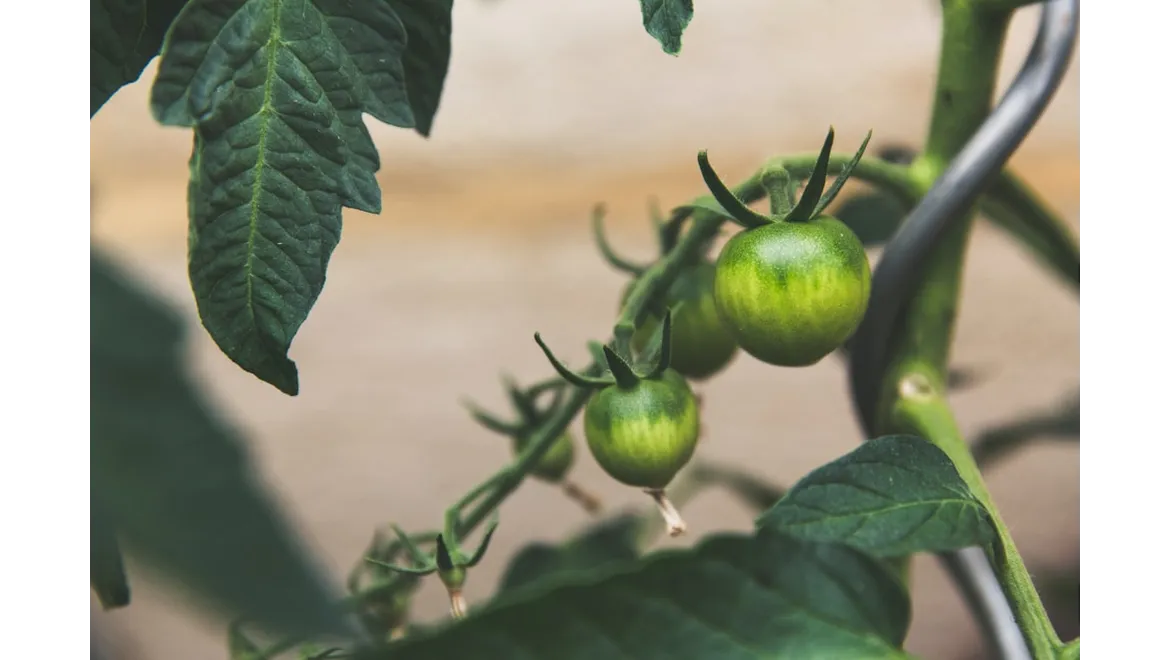Right, let’s be honest, the joy of a UK garden can be quickly shattered by a rogue aphid army or a nasty bout of blight. I was chatting with my mate Declan the other day, a seasoned gardener who seems to have a knack for keeping his patch pristine without resorting to a chemical blitz. We got talking about Integrated Pest Management (IPM), and I thought his approach was so sensible I just had to share it.
“So, Declan,” I started, cupping my tea, “what’s the big secret? How do you keep your roses so blooming lovely without dousing them in chemicals?”
He chuckled. “No secrets, mate, just a bit of observation and a change of mindset. It’s all about IPM, really. Think of it as being a garden detective rather than a garden terminator.”
First things first: Monitoring.
Declan explained that IPM begins with constant observation. He regularly patrols his garden, looking for early signs of trouble. This isn’t just a quick glance; it’s a careful inspection of leaves, stems, and even the soil. He uses a magnifying glass for the smaller critters and keeps a keen eye out for unusual spots or discolouration. “It’s like checking your car’s oil,” he said. “Catching a problem early makes all the difference.”
Identifying the Culprits (and the Good Guys!)
“Knowing your enemy is crucial,” Declan emphasised. It’s not just about spotting something on your plants; it’s about identifying what it is. Is it an aphid, a blackspot, or something else entirely? He recommended using online resources, gardening books, or even asking a local nursery for help. He also pointed out the importance of recognizing beneficial insects, like ladybirds and lacewings. “They’re your allies in this fight,” he said. “Don’t accidentally spray them with something nasty!”
Prevention is Better Than Cure
This is where Declan’s approach really shines. He believes in creating a healthy garden ecosystem that’s naturally resistant to pests and diseases. This involves several key strategies:
- Healthy Soil: “It all starts with the soil,” he said. He regularly amends his soil with compost and other organic matter to improve drainage, nutrient levels, and overall soil health. “Healthy soil equals healthy plants, and healthy plants are less susceptible to problems.”
- Right Plant, Right Place: He’s careful to choose plants that are well-suited to his garden’s conditions. This means considering sunlight, soil type, and moisture levels. Putting a sun-loving plant in a shady spot, for instance, will weaken it and make it more vulnerable to disease.
- Good Air Circulation: Declan avoids overcrowding his plants to ensure good air circulation. This helps to prevent fungal diseases. He also prunes regularly to remove dead or diseased branches.
- Companion Planting: He uses companion planting to deter pests and attract beneficial insects. For example, he plants marigolds near his tomatoes to repel nematodes.
Control Measures: When Intervention is Needed
Only after exhausting preventative measures does Declan resort to direct control. And even then, he prioritizes non-chemical methods:
- Handpicking: For larger pests, like slugs and snails, he simply picks them off his plants. “A bit tedious, I know, but surprisingly effective,” he admitted.
- Water Jet: A strong jet of water can dislodge aphids and other small pests from plants.
- Sticky Traps: Yellow sticky traps can be used to monitor and control flying insects, like whiteflies and fruit flies.
- Organic Sprays: If necessary, Declan uses organic sprays, such as insecticidal soap or neem oil. He always follows the instructions carefully and avoids spraying during peak pollinator activity.
Record Keeping and Adaptation
Declan keeps a detailed record of his garden observations, treatments, and results. This helps him to identify patterns and adapt his strategies accordingly. “Gardening is a constant learning process,” he said. “What works one year might not work the next. The key is to be observant and willing to experiment.”
Before I left, I asked Declan about how his orangery has helped his garden. “It’s extended the growing season for me by months!” he replied. “I can start plants earlier, overwinter tender specimens, and even grow things that wouldn’t normally thrive in the UK climate. Plus, it’s a lovely place to relax and enjoy the garden, even when the weather’s not great.”
So, there you have it. Declan’s eco-friendly approach to pest management really boils down to understanding your garden, encouraging beneficial insects, and only intervening when absolutely necessary. Think of it as detective work rather than chemical warfare. By taking a holistic approach and creating a healthy garden ecosystem, you can minimize pest and disease problems and enjoy a thriving, sustainable garden for years to come. Start by regularly monitoring your plants, identifying any problems, and focusing on preventative measures like healthy soil and proper plant selection. Keep a record of your observations and adjustments so you can learn what works best for your garden over time. Good luck!


